In photos: Changi airport during Covid-19
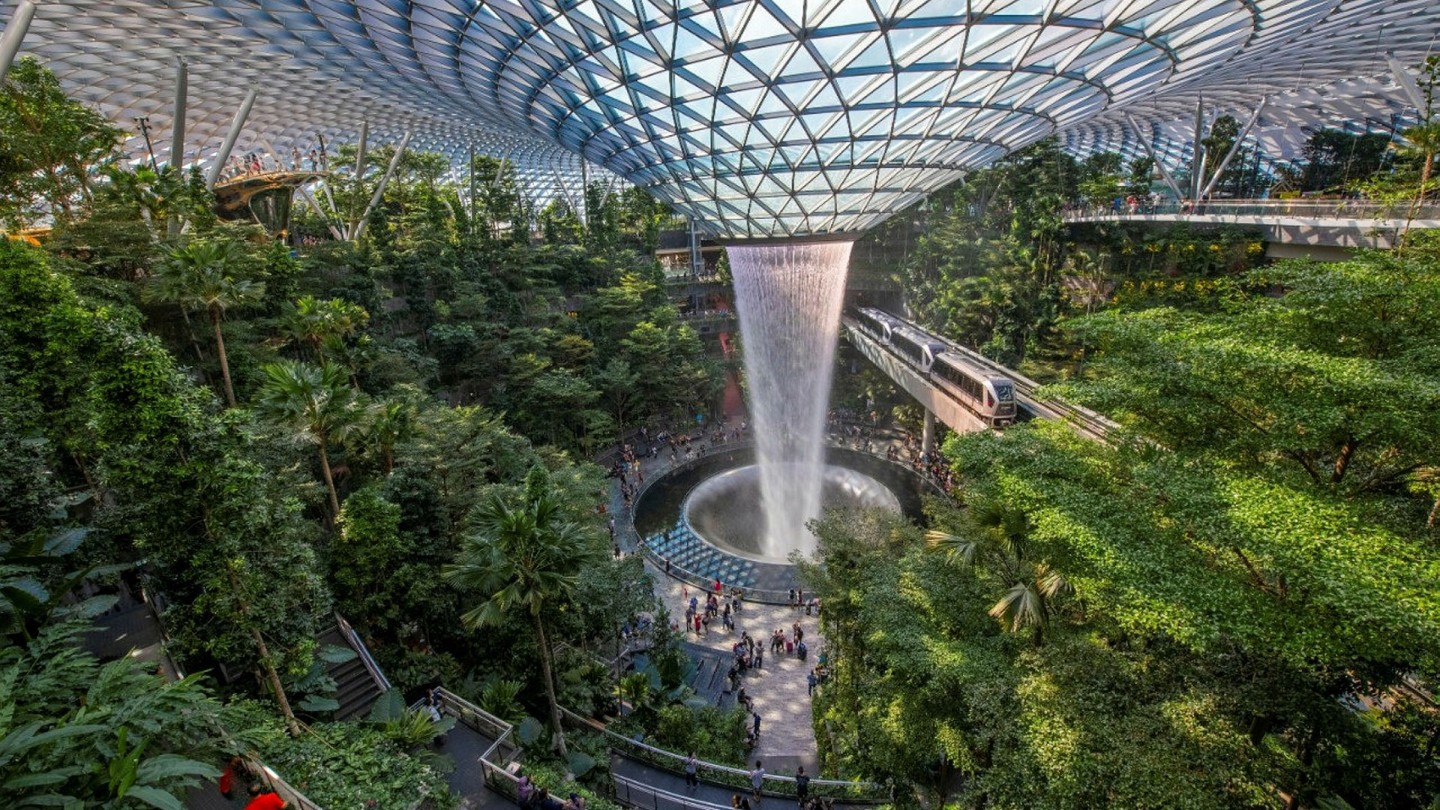
Roula Khalaf, Editor of the FT, selects her favourite stories in this weekly newsletter.
When Jewel opened its doors in April 2019, the 10-storey entertainment and shopping complex adjoining Singapore’s Changi airport was expected to receive 40m-50m visitors in its first year.
Accessible by local visitors and airport transit passengers alike, the S$1.7bn (US$1.2bn) complex — which features the world’s largest indoor waterfall, a rainforest-themed garden and a giant trampoline-like “bouncing net” — exceeded the 50m figure within six months, and hopes were high for a buoyant 2020. Then Covid-19 struck.
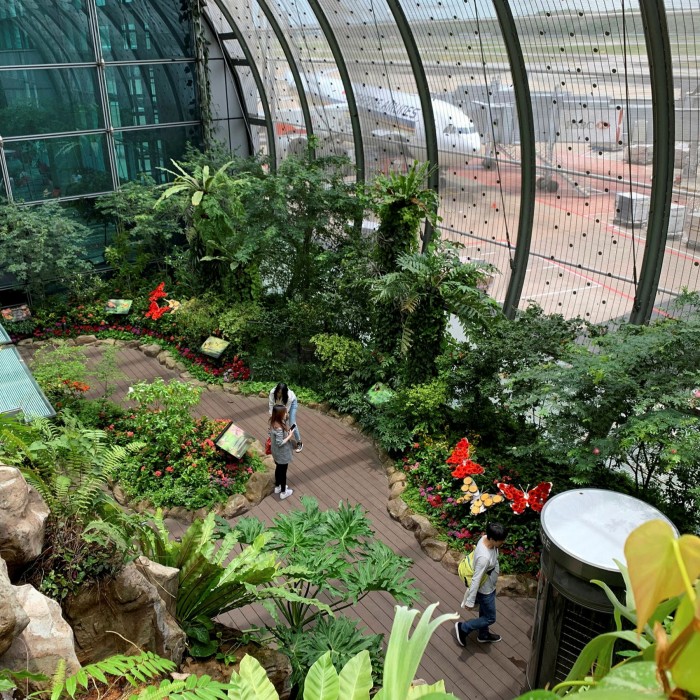
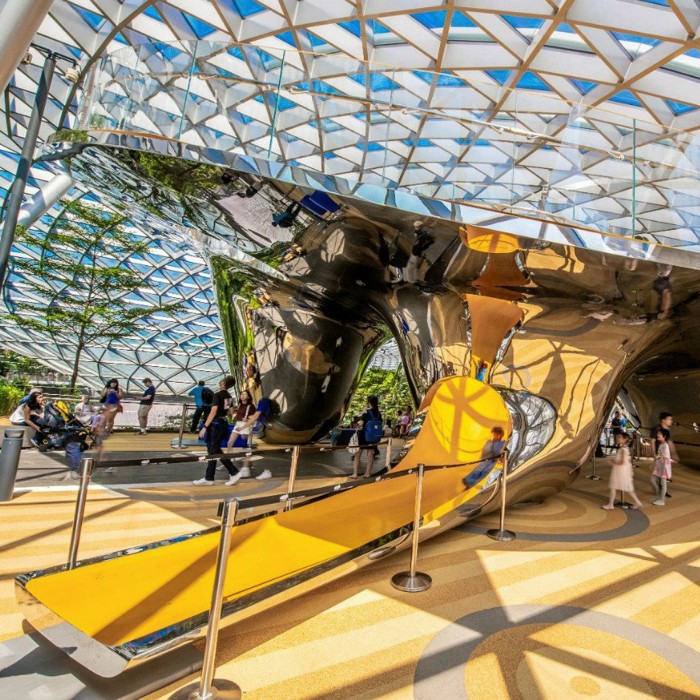
Changi, like most commercial airports, has become eerily quiet due to Covid-19 travel restrictions. Its passenger traffic dropped almost three-quarters in the first eight months of 2020 compared with the same period in 2019, and two of the airport’s four main terminals have been shuttered.
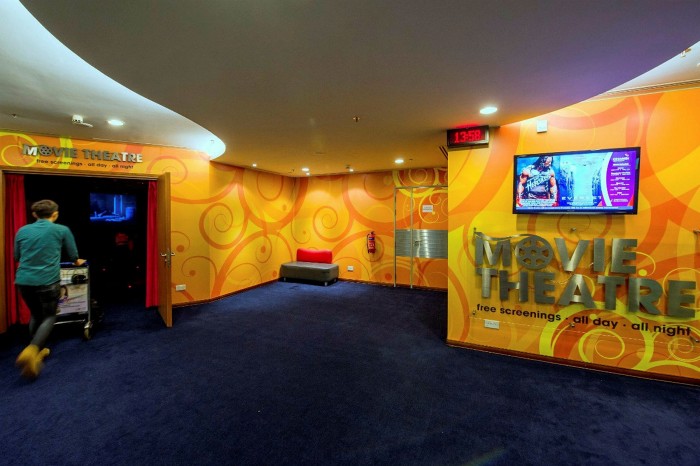
Opened in 1981, the airport has long set the global standard for the sector, having topped the annual Skytrax World Airport Awards for eight consecutive years.
Renowned for attractions including a cinema, butterfly garden and swimming pool, Changi has been dubbed “the great theme park of global travel . . . an ongoing and evolving spectacle” by Edwin Heathcote, the FT’s architecture critic.
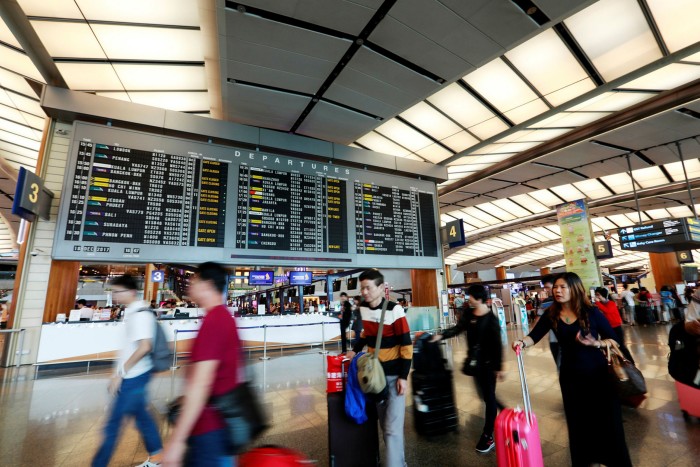
The world’s sixth busiest airport, which handled 68m passengers last year, has now been catapulted into a new reality involving fewer visitors, constant cleaning, hand sanitiser stations and social distancing.
Singapore Airlines, the national flag carrier based out of Changi, has announced plans to shed 4,300 jobs — about 20 per cent of its workforce — while its pilots have agreed to pay cuts.
In August, the Singaporean government allocated S$187m in relief for airlines, ground handlers, cargo agents and airport tenants on top of the S$112m it had already pledged to support the industry.
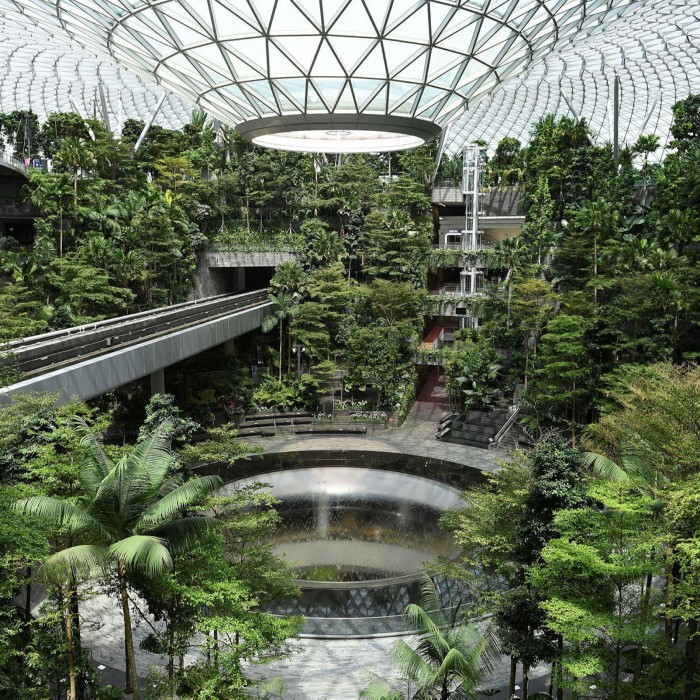
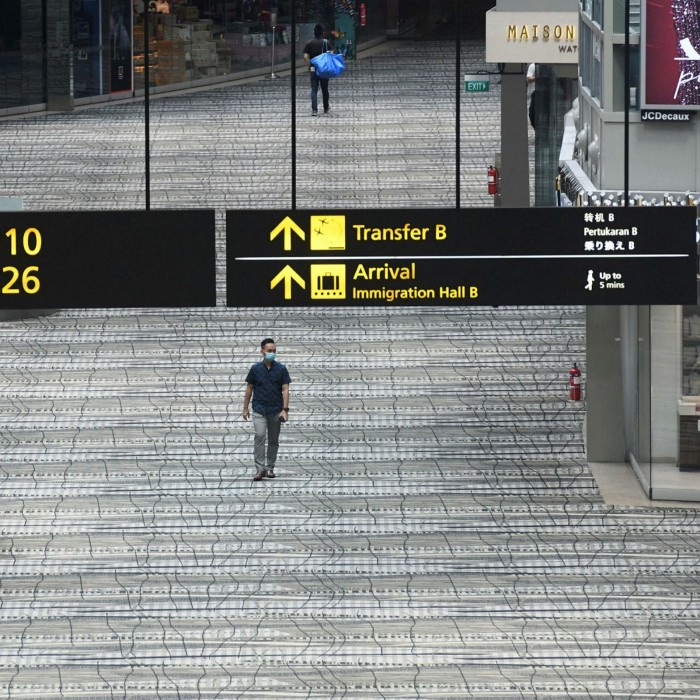
Glimmers of hope may be appearing on the horizon. The city-state is slowly reopening air travel to countries including Brunei and New Zealand, and the UK recently added Singapore to its list of “travel corridor” countries from which returning passengers do not have to quarantine.
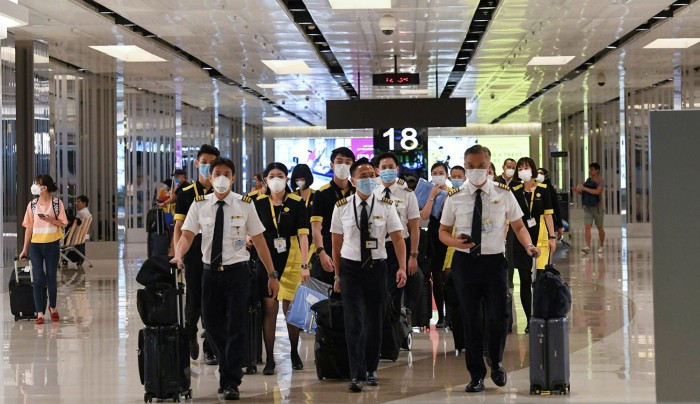
Singapore has also introduced travel corridors with Malaysia and China for essential business and for residents with special work passes.
Although Jewel remains open to both day-trippers from Singapore and airport transit passengers who clear immigration, possible further waves of Covid-19 may mean that Changi’s “theme park”-like attractions may have to wait some time before they again see the international visitor numbers recorded before the pandemic.
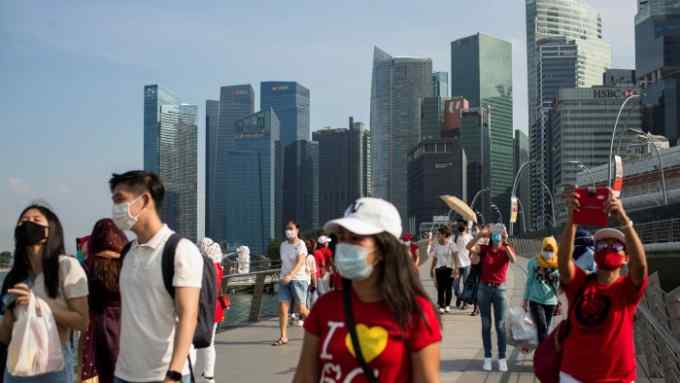
Comments